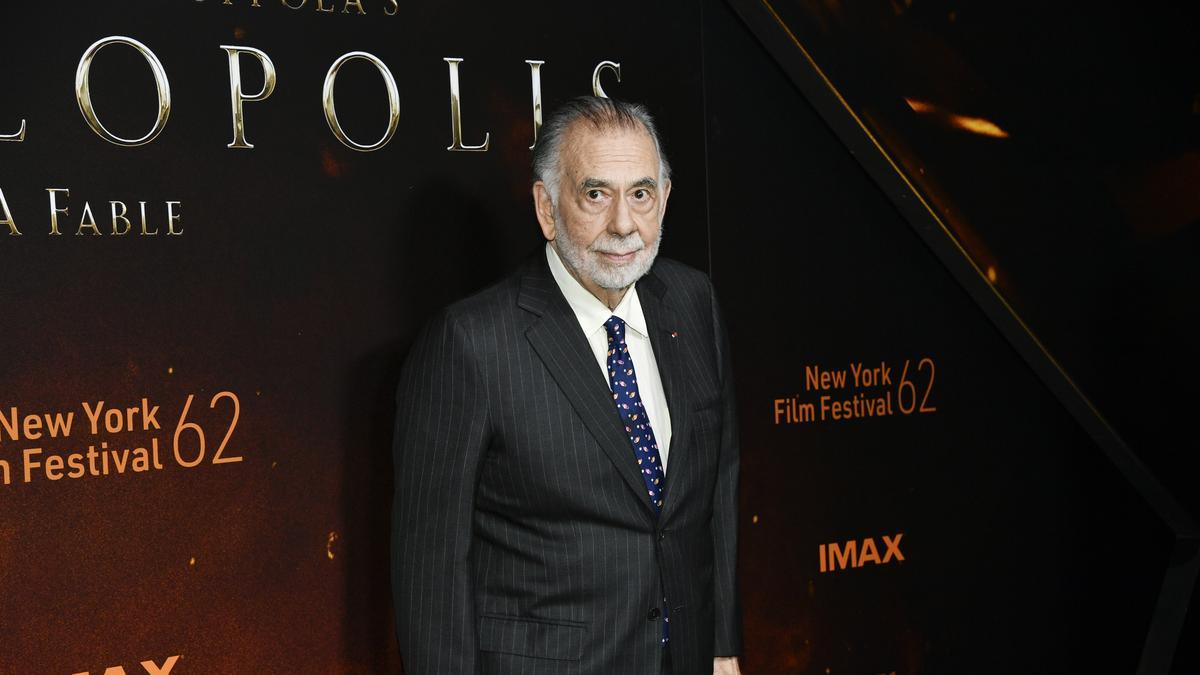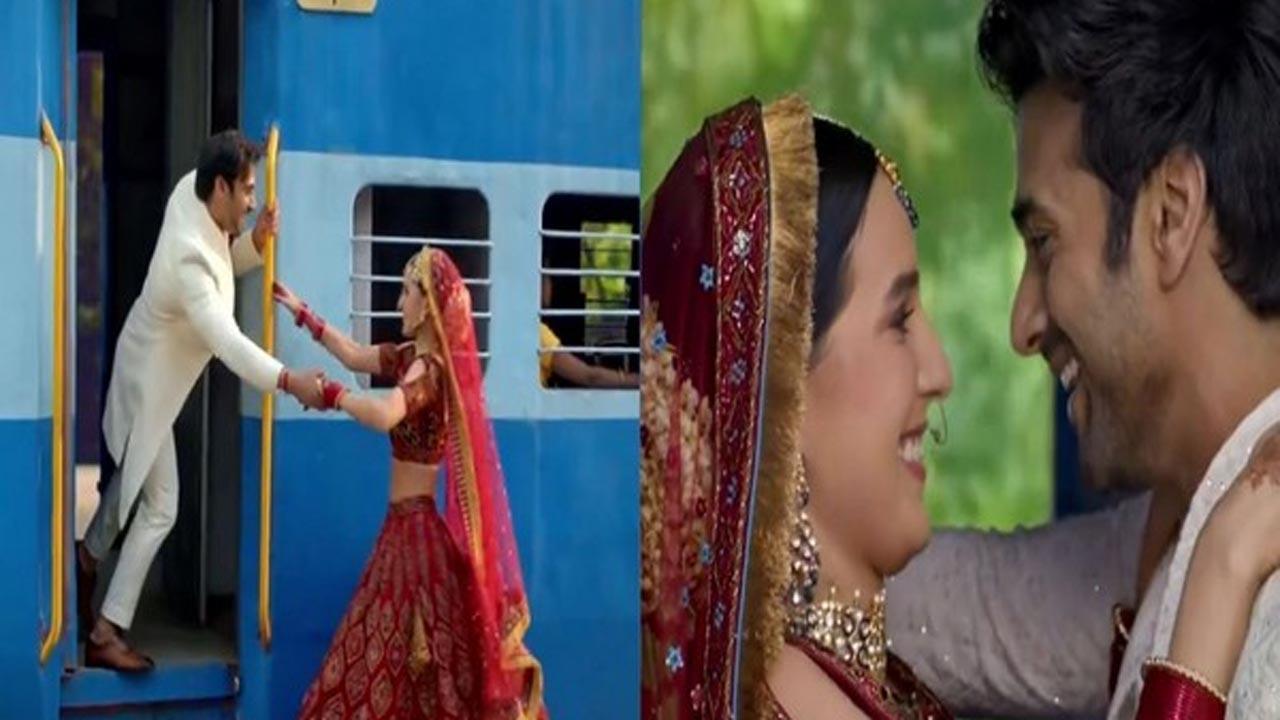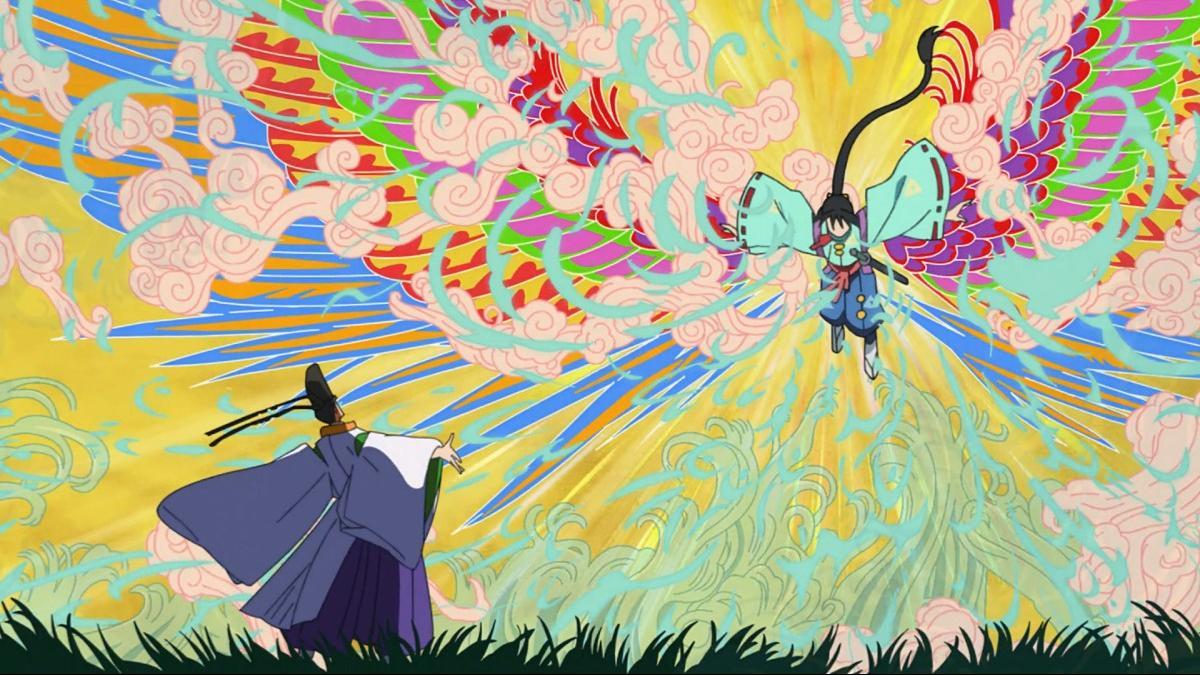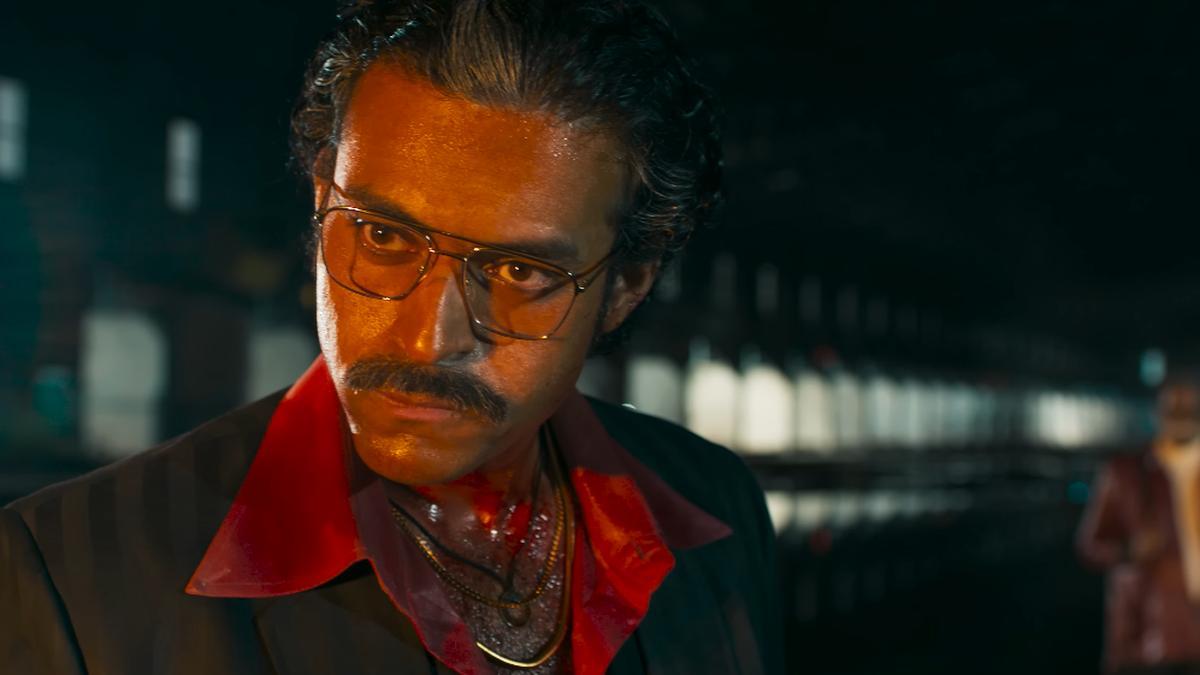
In an unexpected turn of events, renowned filmmaker Francis Ford Coppola has thrown his full support behind director Todd Phillips amid the rocky start that the sequel, Joker: Folie à Deux, has encountered at the box office. This gesture from Coppola, whose latest film Megalopolis is also facing its own setbacks, comes as both a professional nod of camaraderie and an encouragement for creative exploration.
The setting is challenging for Joker: Folie à Deux, which has not lived up to its high expectations following its release. Receiving a D CinemaScore, this sequel has earned the dubious distinction of having the lowest rating for a comic book film. This stark contrast to the global success of its precursor, the original Joker—amassing over $1 billion globally—has sparked conversations among cinema-goers and critics alike. Its initial financial projections suggested a robust opening of $50 to $60 million, yet it now seems likely to close the weekend with merely $40 million in ticket sales, a figure that is significantly below what was anticipated.
Taking to social media, Coppola expressed his admiration for Phillips, acknowledging the creative risks involved in crafting the sequel, particularly its audacious blend of the antihero theme with musical elements. “Ever since the wonderful The Hangover, he’s always been one step ahead of the audience, never doing what they expect. Congratulations to Joker: Folie à Deux,” Coppola wrote in a post on his official account. His words of encouragement reflect his understanding of the challenges that come with defying traditional genres and meeting audience expectations head-on.
Coppola drew parallels between his own experiences and those of Phillips, noting that his 1981 musical, One From the Heart, had once faced similar box-office struggles.
. The film was initially a commercial disappointment but has since enjoyed a resurgence, garnering a dedicated cult following that appreciates its unique approach and timeless qualities. It’s this hindsight that fuels Coppola’s hope that Joker: Folie à Deux will eventually be acknowledged for its artistry and innovative essence, even if it currently grapples with winning over the broad public.
Phillips’ decision to infuse musical elements into what was traditionally a dark and intense narrative has not been without its share of risks. While the first Joker film charted a course of gritty realism influenced by profound social themes, the sequel’s departure into a stylized musical format presents a new thematic layer, challenging audiences to broaden their cinematic palate. Critics and fans alike are divided over this creative pivot, with some praising its ingenuity, while others find it too far afield from the film’s initial identity.
The influential voice of a veteran filmmaker like Coppola may bear weight in reassessing the value and potential longevity of Phillips’ work. His words underscore the importance of supporting bold artistic endeavors, even when they seem misaligned with immediate audience expectations. Artistic expression in cinema has always been a delicate dance between innovation and acceptance; Coppola’s message aims to shine a light on the courage it takes to deviate from the norm.
For audiences and other filmmakers, the unfolding story of Joker: Folie à Deux serves as a case study in the challenges of genre fusion and the unpredictable nature of film reception. It is a reminder that innovation often requires patience and resilience before it is fully embraced.
As Joker: Folie à Deux continues to navigate the choppy waters of audience reception and critical evaluation, the support from a stalwart like Coppola may not just bolster Phillips’ resolve but also serve as a persuasive call for audiences to give the film the chance to resonate—perhaps not by the metrics of immediate box office success, but through the enduring impact it may yet achieve in cinema history.










